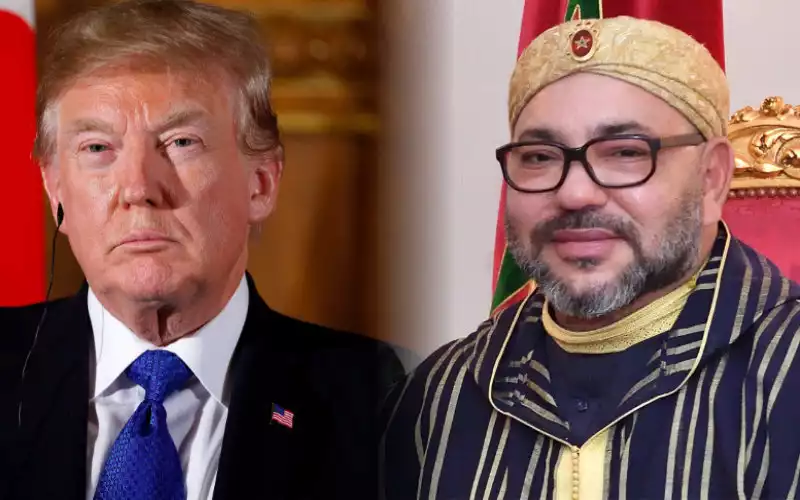Donald Trump’s Return: Towards a New Chapter in Moroccan-American Relations?

The election of Donald Trump in the United States could mark the beginning of a new era in relations between Rabat and Washington. During his first term, the new US president had recognized Morocco’s sovereignty over the Sahara.
Beyond a victory for the Republicans over the Democrats, the election of Donald Trump could help strengthen relations with Morocco, analyzes for Rue20, Rachid Lazrak, university professor and president of the Center for Studies and Research for the Evaluation of Public Policies in North Africa.
The new US president, who had recognized the Moroccanness of the Sahara in December 2020, at the end of his first term, could continue this dynamic, thinks the expert who recalls certain decisions taken by Trump in the framework of cooperation with Morocco, including the establishment of a US consulate in Dakhla, in the Moroccan Sahara, development aid and support in the fight against terrorism and economic development. "The current criterion lies in the activation of these agreements," estimates Lazraq.
The university professor informs that "Morocco is progressing in the context of the geopolitical transformations the region is experiencing and the many changes at the international level, ranging from the management of the issue of territorial unity to its resolution by removing the file from the fourth commission of the United Nations. This approach requires diplomatic efforts and the presentation of legal and factual arguments."
And to continue: "Before embarking on this procedure, Morocco must submit an official request to the United Nations Secretariat. In this perspective, Morocco is working to mobilize the diplomatic support of the member states of the General Assembly, requiring a two-thirds majority of the votes of the member states present and voting in the General Assembly... Once the resolution is approved, the issue is officially removed from the agenda of the fourth commission."
Related Articles
-

Moroccan Authorities Capture Two British Fugitives in Agadir Manhunt
30 June 2025
-

Morocco’s Divorce Dilemma: How Article 49 Leaves Women Financially Vulnerable
30 June 2025
-

Morocco’s Tax Maze: How Expat Landlords Navigate Rental Income Obligations
30 June 2025
-

Waste Crisis Engulfs Moroccan City: Residents Demand Action as Health Risks Mount
30 June 2025
-

Scorching Heat Wave: Moroccan Cities Join World’s Hottest as Temperatures Soar Past 45°C
30 June 2025